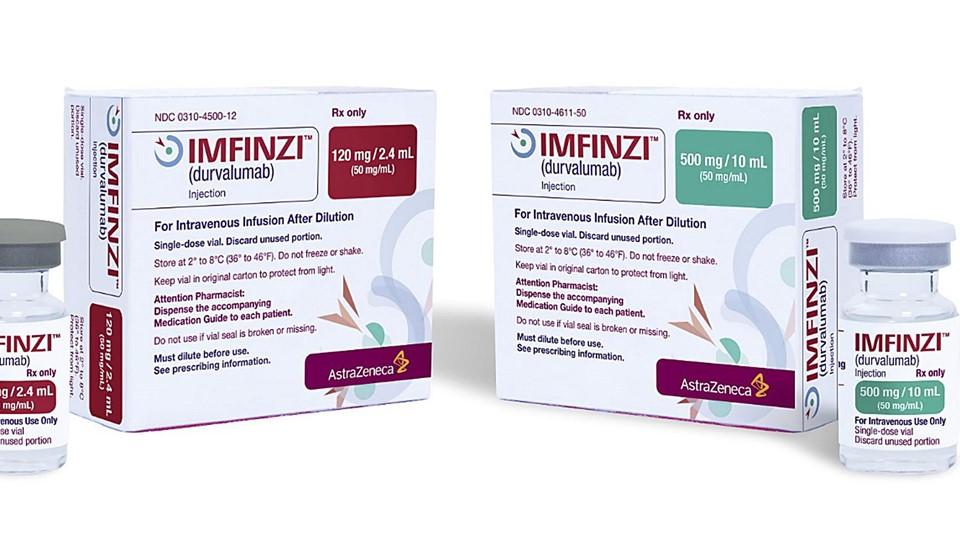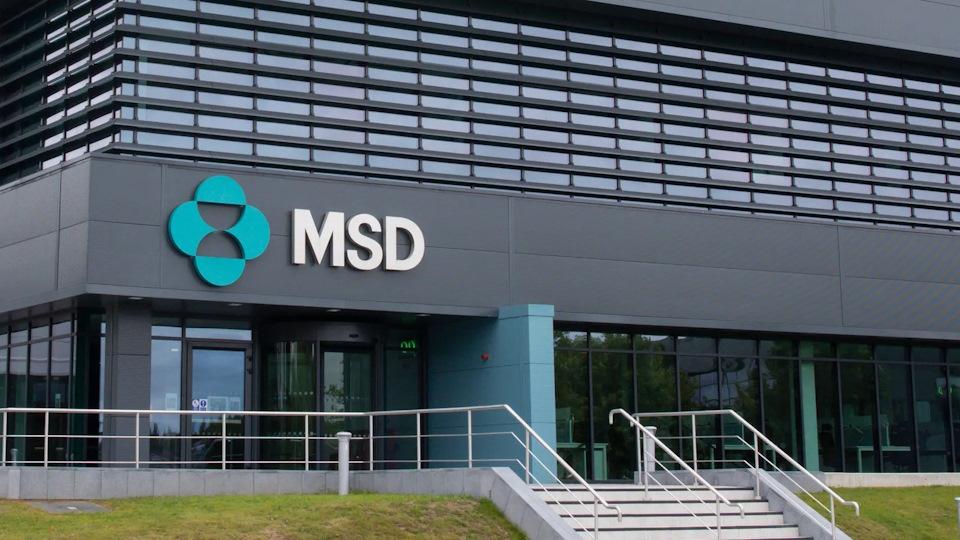Trial data raises questions about Imfinzi in liver cancer

AstraZeneca is trying to blaze a new trial for immunotherapy in liver cancer with its EMERALD-1 trial, but the jury is out on its prospects.
The study of PD-L1 inhibitor Imfinzi (durvalumab) plus bevacizumab as an add-on therapy to transarterial chemoembolisation (TACE) hopes to move immunotherapy into earlier stages of hepatocellular carcinoma (HCC) from its well-entrenched role in metastatic disease.
EMERALD-1 hit its main endpoint by showing a statistically significant improvement with the main test regimen in the primary endpoint of progression-free survival (PFS) compared to TACE, a sponge-like device to block the hepatic artery and deliver chemo, which has been standard therapy for HCC for decades.
The study – presented at the American Society of Clinical Oncology Gastrointestinal Cancers Symposium – involved 616 patients with unresectable, loco-regional HCC, a disease that is known to pose a high risk of disease progression or recurrence within the first year of treatment.
Approximately 20%-30% of the 900,000 or so patients diagnosed each year with HCC, the most common type of liver cancer, are eligible for embolisation therapy.
Adding Imfinzi and bevacizumab to TACE resulted in a 23% reduction in PFS, with a median of 15 months for the test group compared to 8 months with TACE alone, while the time to progression (TTP) of disease was 22 months versus 10 months, respectively.
ASCO GU’s gastrointestinal commentator, Cathy Eng, of Vanderbilt-Ingram Cancer Centre in the US, said that the results “have the potential to establish a new standard of care for the treatment of unresectable hepatocellular carcinoma.”
Imfinzi plus TACE disappoints
The question comes in the performance of a second arm, comparing Imfinzi plus TACE to TACE alone, which was unable to show a statistically significant improvement on PFS with AZ’s drug. That raises the suggestion that much of the benefit from the triplet regimen might be due to bevacizumab, an off-patent VEGF inhibitor.
The implications of that are hard to gauge at the moment, but raise the possibility at least that regulators may want to see additional data proving that Imfinzi is adding something significant to the therapy before approval.
AZ’s head of oncology R&D, Susan Galbraith, has previously suggested that each constituent part of the regimen would have to show a benefit if a filing for accelerated approval was to proceed on the basis of PFS data alone.
The researchers, led by Riccardo Lencioni, from the Pisa University School of Medicine in Italy, are continuing to follow patients on the EMERALD-1 trial for the secondary endpoint of overall survival (OS) and are also studying different immune checkpoint inhibitors and embolisation-based approaches.
“We are discussing [this] positive EMERALD-1 data with global regulatory authorities while awaiting the final overall survival results from the trial,” commented Galbraith.
AZ has another iron in the fire for TACE-eligible HCC patients, namely the 725-subject EMERALD-3 study that is looking at Imfinzi, AZ’s CTLA4 inhibitor Imjudo (tremelimumab), Eisai’s multikinase inhibitor Lenvima (lenvatinib), and TACE in this setting. The first data from that trial is due next year.
Imfinzi is already approved by the FDA for use in combination with Imjudo for unresectable, advanced HCC.













